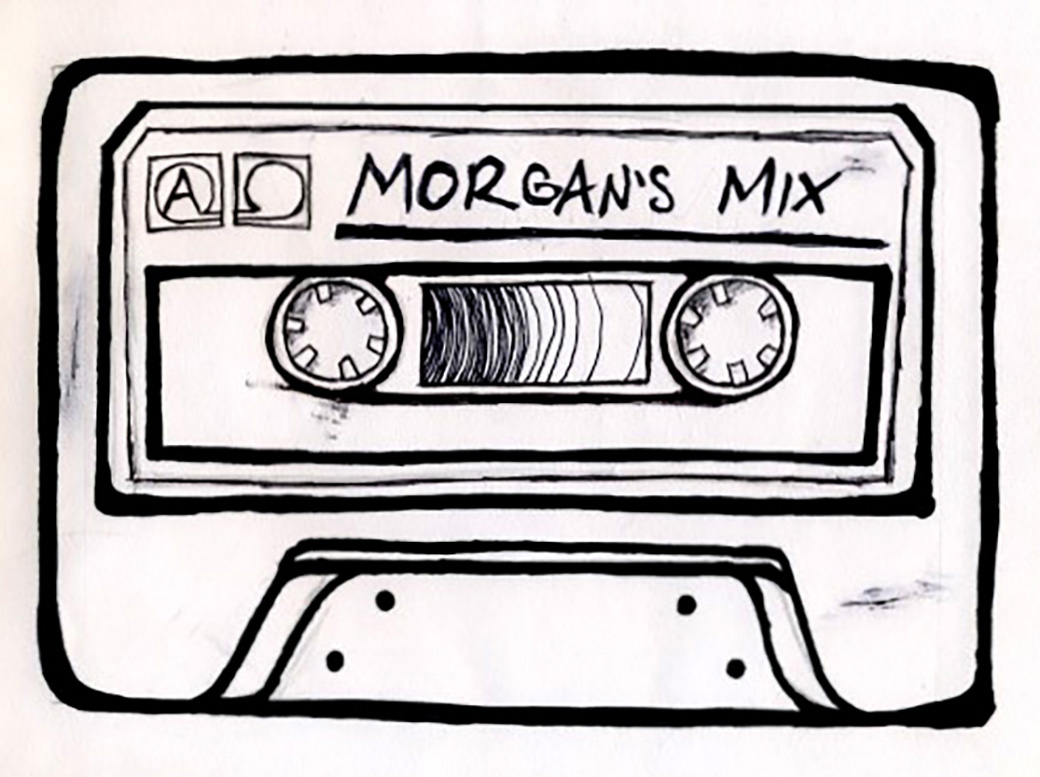
Author touches on relatable topics in satirical novels
American writer and satirist Kurt Vonnegut is widely known for his novels including “Slaughterhouse-Five” and “Breakfast of Champions.”
Each novel portrays a different message as well as shows a bit of the views and morals Vonnegut has. Slaughterhouse-Five portrays a message about the events of Word War Two, and “Breakfast of Champions” reflects America’s position on many social issues.
Vonnegut grew up in Indiana during the Great Depression, which had a major impact on his family and the direction of his life. He was enrolled in a public school, unlike his brother and sister who were able to go to private school. After high school, he attended Cornell University.
He wrote and edited the school newspaper in both high school and college. Even before publishing novels, Vonnegut was a witty, satirical writer.
Soon after leaving Cornell, Vonnegut enlisted in the U.S. Army instead of waiting to be drafted to fight in WWII. He trained in Indiana, and when he was on leave for Mother’s Day in 1944, he came home to find his mom had committed suicide by a drug overdose.
These unfortunate, tragic events are what shaped Vonnegut’s way with words and humor in his writing.
He always wanted to write about the events that he experienced in WWII, but couldn’t really find the words to express the actual feelings of what he saw in Dresden until about 20 years after the war.
Right around the time the Vietnam war was beginning, Vonnegut published his sixth novel, “Slaughterhouse-Five.” The jumbled non-linear sequence of the novel is the route he decided to take when trying to display the events of WWII and its impact on his life.
He used his writing to express his deep opposition to the Vietnam war. This is why “Slaughterhouse-Five” became his most famous novel so quickly.
It has all of the scary instances of the war, as well as the intense shadowing of PTSD, but each horrific event is followed up by the phrase “So it goes,” as if to shake these events right off of Billy Pilgrim’s shoulders.
Those three words run consistently with the phrase most often used in his later novel, “Breakfast of Champions.” The book’s main phrase “And so on” brushes off American taboos such as sex, violence and mental illness.
In “Breakfast of Champions,” protagonist Kilgore Trout is asked to speak at an arts festival. On his trip there, he attends a X-rated movie and experiences violence but just describes this as if he shrugs at the idea of any taboo.
Using these gestures and phrases to make controversial issues seem bland can really open the eyes of the reader. If someone said “so it goes” after seeing war or a mass shooting in today’s world, it would cause the general public to question their morals and stand up to these terrible events.
That’s why a Vonnegut book is always a good read, as the attitude of them can be relatable to any circumstance and lead readers to think about and question the world they live in.

